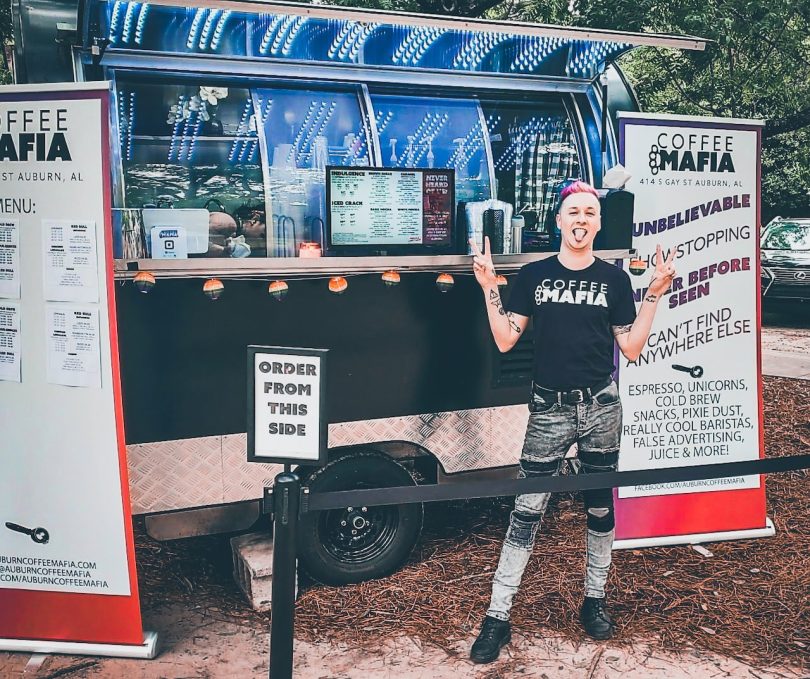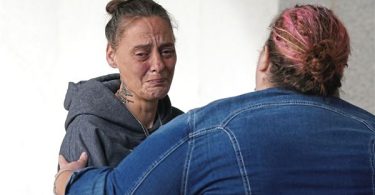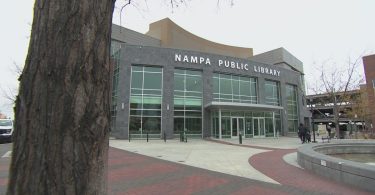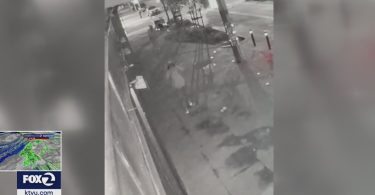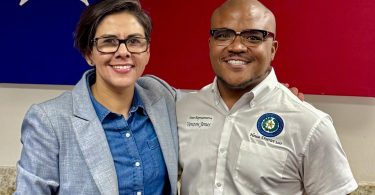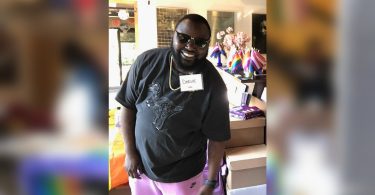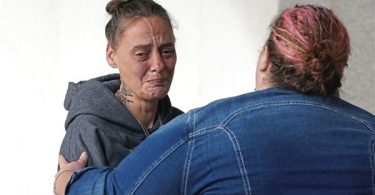Whenever Eric Burkholder, an assistant professor at Auburn University’s physics department, feels “out of sorts,” as he says, a student will point to a pillow in his office that reads, “The horrors persist but so do I.”
For the past few months, Burkholder has been the faculty adviser for the Sexuality and Gender Alliance Group. Many of his LGBTQ students and fellow faculty members have displaced from community spots and say they feel unwanted because of the anti-DEI legislation that began in October.
The law prohibits state institutions from using public funding for diversity, equity and inclusion initiatives focusing on gender, race, and sexual orientation. Now, those topics are considered “divisive concepts.”
Auburn’s DEI office closed in July. The Pride Center, a casual and colorful space housed in the centrally-located Haley Center, never reopened for the fall semester.
The University of Alabama also closed its DEI office and safe zone this year as a result of the law. Nationally, 28 state legislatures have introduced 86 anti-DEI bills. So far, 14 have become law, according to the DEI legislation tracker at the Chronicle of Education.
Burkholder hoped that Auburn’s space would stay open because it is available to allies of the LGBTQ community and wasn’t designated only for LGBTQ people.
“I feel like we were given false hope,” Burkholder said. He said he thinks the space itself didn’t violate the law, but the name of the space “drew heightened attention,” so “out of an abundance of caution,” it was closed.
Dakota Grimes, a chemistry graduate student, is president of the student organization. and said all the resources LGBTQ students have come to rely on now are scattered.
“While those resources still exist, now they’re decentralized,” Grimes said. She said the Pride space was lovely, and she enjoyed going there when she had time. Now students like her feel displaced.
“It was a safe space for LGBTQ students to hang out in between classes where they could be with others like them,” Grimes said. “They could relax, not have to worry about any judgment or feeling unwelcome on campus.”
She said there’s no space to “just exist on campus as queer students.” LGBTQ students must find room in the student center or the library to study, but “there’s no designated place for us to really gather as a community.”
Grimes said Auburn has improved when it comes to LGBTQ inclusivity, such as allowing pronoun selection when students enroll in online activities. But it’s still tough to make sure people feel accepted.
“It’s a very red school in a red city in a red state,” Grimes said. “There are a lot of people that make homophobic jokes, transphobic jokes, even around people that they know are queer, because they just don’t care.”
Burkholder said some faculty and staff aren’t comfortable being out as LGBTQ and are frustrated. He worries that other areas of university life, such as research, could be affected.
“I think a lot of the message that I’m getting is, ‘We don’t really want you here. If we do, you should be quiet,’” Burkholder said.
Burkholder said LGBTQ people now need to go off-campus or work with organizations such as Pride on the Plains, which hosts Pride events and drag shows regularly at local parks and bars, to find public celebration and community.

One off-campus hangout is Coffee Mafia, now run by Auburn native Ian Oriol. He said the space has always felt LGBTQ-friendly, even growing up, when it was under different ownership and called Mama Mocha’s.
“We’ve always attracted unconventional people, people that are looking for a sort of alternative space in the area,” Oriol said. “I’ve leaned more into that. When I took over, as a queer person from the Bible belt, I think it’s important to kind of curate that sort of space, make that space available. Especially because there aren’t many spaces like that in this area.”
Oriol, who’s performed drag for a decade, said he’s recently seen an uptick in newer and younger faces at the shop and at drag performances. These students are grateful for the space.
“I’ve had many a freshly queer person in their first semester at Auburn cry and hug me in full drag after a show,” Oriol said.
Burkholder said students are resilient and will find ways to connect with each other.
“We queer people have always found spaces,” Burkholder said. “I think ultimately the students will find a way to carve out a place for themselves where they feel safe.”

